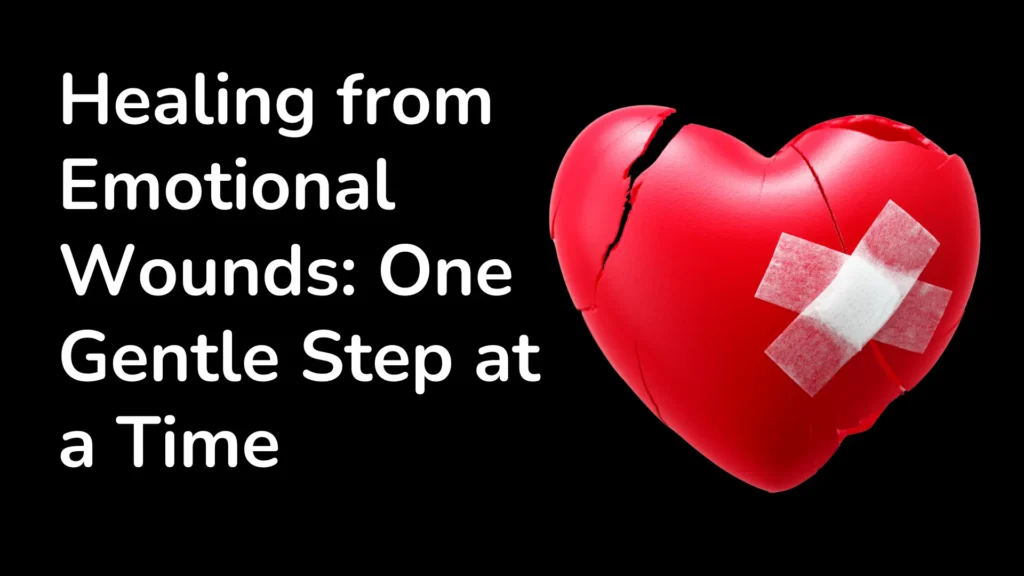Mental Health Is Not a Destination, It’s a Daily Practice
When people think about mental health, they often imagine it as a finish line — a place where all stress disappears, happiness stays forever, and struggles no longer exist. But in reality, mental health is not a destination you arrive at once and for all. It is a daily practice. Just like physical health requires consistent movement, nourishment, and rest, mental health requires daily care, compassion, and attention. Why Mental Health Is Ongoing ✨ Life keeps changing.Every day brings new challenges, emotions, and experiences. This means mental well-being must be nurtured continuously, not once and done. ✨ The mind needs training.Just like muscles need exercise to stay strong, the mind needs regular practices — such as mindfulness, journaling, or gratitude — to stay balanced. ✨ Healing is not linear.Some days you’ll feel strong, other days you’ll struggle. That doesn’t mean you’ve failed. It means you’re human. Daily Practices That Support Mental Health 🌿 Start your morning with intention.Even a two-minute pause to breathe deeply or set a gentle affirmation (“I choose calm today”) can shape the tone of your day. 🌿 Move your body.Movement releases stress, boosts energy, and reminds your mind that you are alive and capable. 🌿 Check in with yourself.Ask: How am I really feeling today? Naming emotions helps release their weight. 🌿 Limit digital noise.Create boundaries with news and social media. Your mind deserves silence as much as your body deserves rest. 🌿 End the day with gratitude.Before sleep, reflect on three small things that brought comfort or joy. Gratitude shifts perspective and soothes the mind. What to Remember on Tough Days The Gentle Truth Mental health is not about becoming someone else or achieving a perfect state of happiness. It’s about learning to show up for yourself, every single day, with kindness and patience. You don’t need to reach a “final destination.” You only need to keep walking, one gentle step at a time. And with each step, you are building resilience, peace, and self-love.




